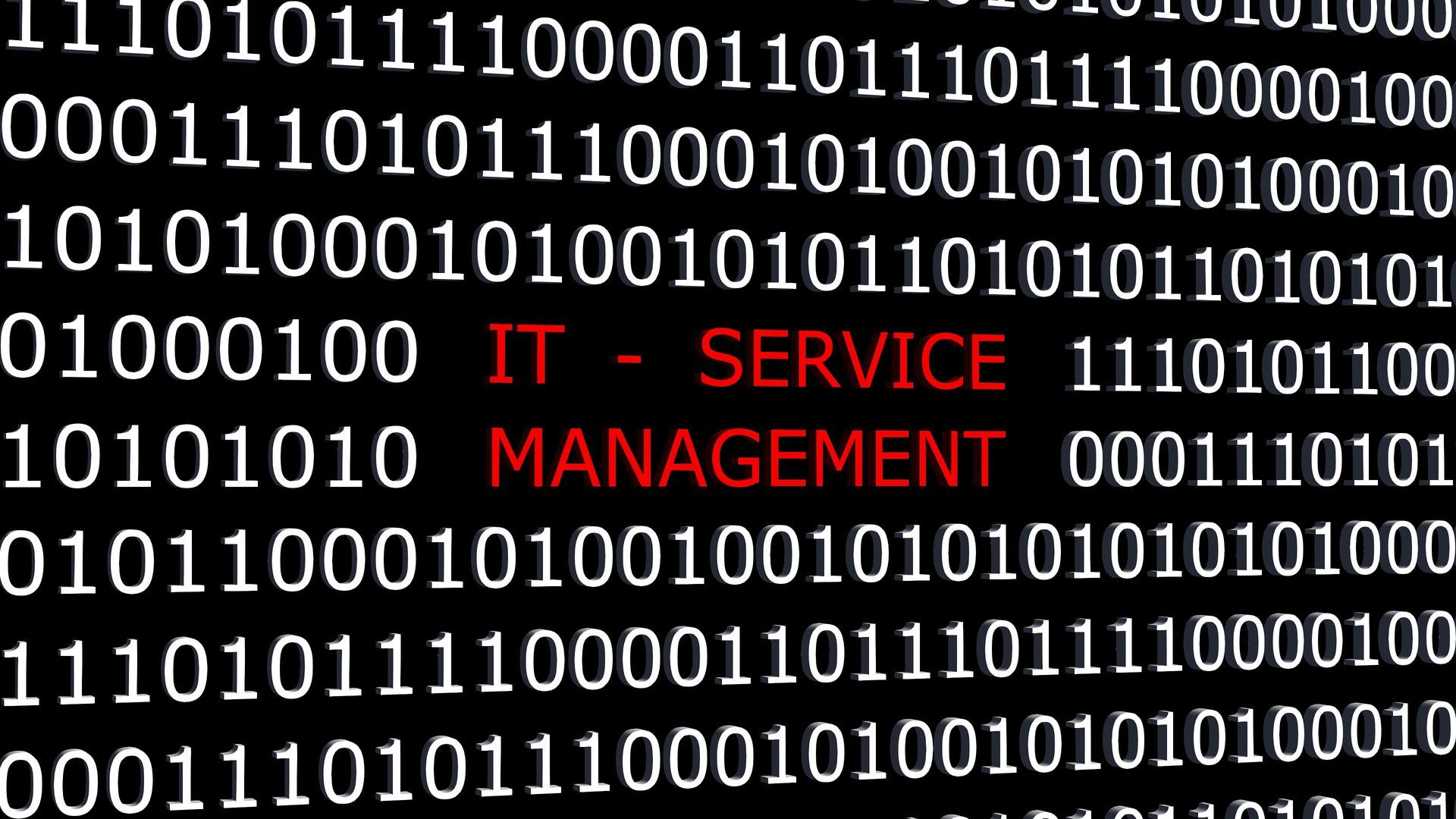ISO 27701 is a privacy extension to the international standard ISO/IEC 27001, which provides guidelines for establishing, implementing, maintaining, and continually improving an information security management system (ISMS). ISO 27701 provides a framework for organisations to establish, implement, maintain and continually improve a Privacy Information Management System (PIMS) based on ISO/IEC 27001.
The standard provides a set of requirements and guidelines for managing personal data in line with various privacy regulations, such as the European Union's General Data Protection Regulation (GDPR) and other international privacy laws.
The standard outlines specific controls and processes that organisations should implement to ensure the protection of personal data, such as conducting privacy impact assessments (PIAs), implementing privacy by design principles, and establishing clear policies and procedures for the handling of personal data.
Overall, ISO 27701 provides a comprehensive framework for managing privacy risks and demonstrates an organisation's commitment to protecting personal data.







